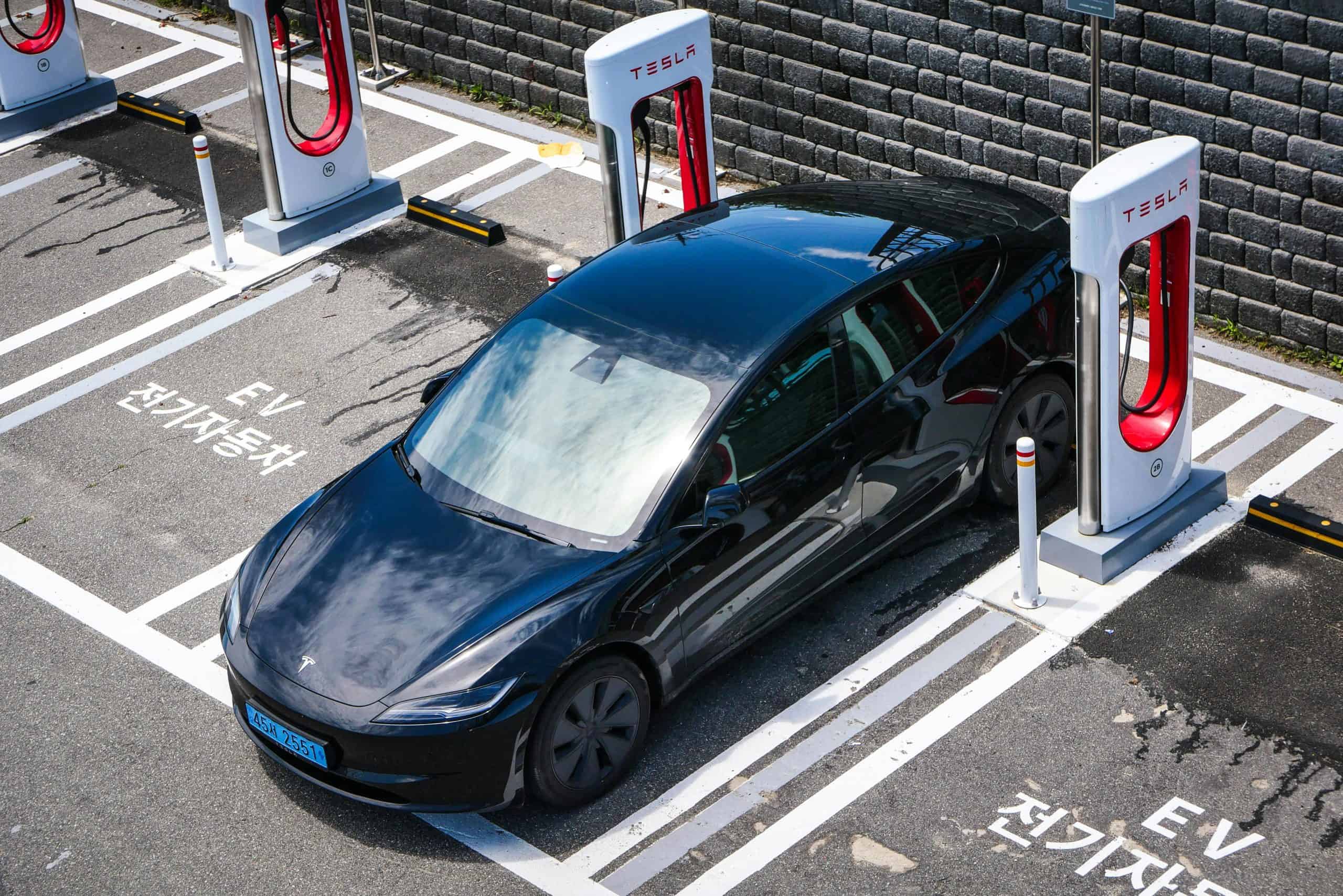As the electric vehicle (EV) market continues to grow, the financial incentives that support it are under scrutiny. A recent report from Reuters has raised concerns about the future of the EV tax credit, which has been a significant motivator for consumers since its inception in 2008. With President-elect Donald Trump’s transition team reportedly targeting this tax break as part of a broader tax reform plan, the implications for the EV industry could be profound.
Understanding the EV Tax Credit
The federal EV tax credit allows buyers of new electric vehicles to claim up to $7,500 in tax credits. This incentive has played a crucial role in making EVs more accessible to the average consumer, helping to offset the higher upfront costs associated with electric vehicles compared to traditional gasoline-powered cars. The credit has been particularly beneficial for manufacturers like Tesla, which has led the charge in EV sales.
However, the tax credit has undergone changes over the years. Under President Joe Biden’s energy plan, the credit was renewed and transformed into an instant rebate, making it even more appealing for potential buyers. This shift aimed to stimulate the market further and encourage more consumers to make the switch to electric.
The Potential Elimination of the Tax Credit
The Trump transition team’s focus on eliminating the EV tax credit raises questions about the future of electric vehicles in the U.S. market. Insiders suggest that this move is part of a larger tax reform strategy, which could significantly impact EV sales. If the tax credit is removed, potential buyers may be deterred by the higher costs of EVs, leading to a slowdown in sales and potentially stalling the momentum the industry has gained in recent years.
Interestingly, while the elimination of the tax credit could hurt many manufacturers, it may not be as detrimental for Tesla. Reports indicate that Tesla could weather the storm better than competitors like General Motors and Rivian, who are already struggling with profitability on their EV models. Tesla’s established brand and market position may allow it to adjust pricing strategies more effectively, potentially minimizing the impact of losing the tax incentive.
The Competitive Landscape
The competitive landscape of the EV market is evolving rapidly. Tesla, as the market leader, has a unique advantage due to its brand recognition and loyal customer base. However, other manufacturers are making significant strides in the EV space. General Motors, for instance, has committed to an ambitious plan to transition to electric vehicles, with a goal of producing a wide range of models in the coming years. Rivian, a newer player, has also garnered attention with its electric trucks and SUVs.
If the tax credit is eliminated, these companies may face increased challenges in attracting consumers. The financial incentive has been a critical factor in consumer decision-making, and without it, many potential buyers may reconsider their options. This could lead to a more pronounced divide between established players like Tesla and newer entrants who are still trying to gain a foothold in the market.
The Role of Elon Musk
Elon Musk, the CEO of Tesla, has been a vocal supporter of Donald Trump since before the election. His relationship with the new administration could play a pivotal role in how the EV industry navigates these changes. Musk’s recent appointment to lead a Department of Government Efficiency initiative, alongside former Republican presidential candidate Vivek Ramaswamy, suggests that he may have some influence in shaping policies that affect the EV market.
Moreover, Musk’s other ventures, such as Starlink, could also benefit from a favorable relationship with the administration. This interconnectedness between Musk’s various businesses and the government could lead to unique opportunities for Tesla, even in a potentially less favorable tax environment.
The Broader Implications
The potential elimination of the EV tax credit is not just a matter of financial incentives; it reflects broader trends in energy policy and consumer behavior. As the world increasingly shifts towards sustainable energy solutions, the role of government incentives in facilitating this transition cannot be overstated. The EV tax credit has been a cornerstone of this effort, encouraging consumers to adopt cleaner technologies.
If the credit is removed, it could signal a shift in priorities within the government, potentially favoring traditional energy sources over renewable options. This could have long-term implications for the environment and the pace of innovation in the automotive industry.
Final Thoughts
The future of the EV tax credit remains uncertain, and its potential elimination could reshape the landscape of the electric vehicle market. While Tesla may be better positioned to adapt to these changes, other manufacturers could struggle without the financial support that the tax credit provides. As consumers, manufacturers, and policymakers navigate this evolving landscape, the importance of incentives in promoting sustainable practices will continue to be a critical topic of discussion.
As we look ahead, it’s essential to stay informed about these developments and consider how they may impact our choices as consumers and advocates for a cleaner, more sustainable future. The electric vehicle revolution is far from over, but the path forward may require new strategies and adaptations in response to changing policies and market dynamics.






